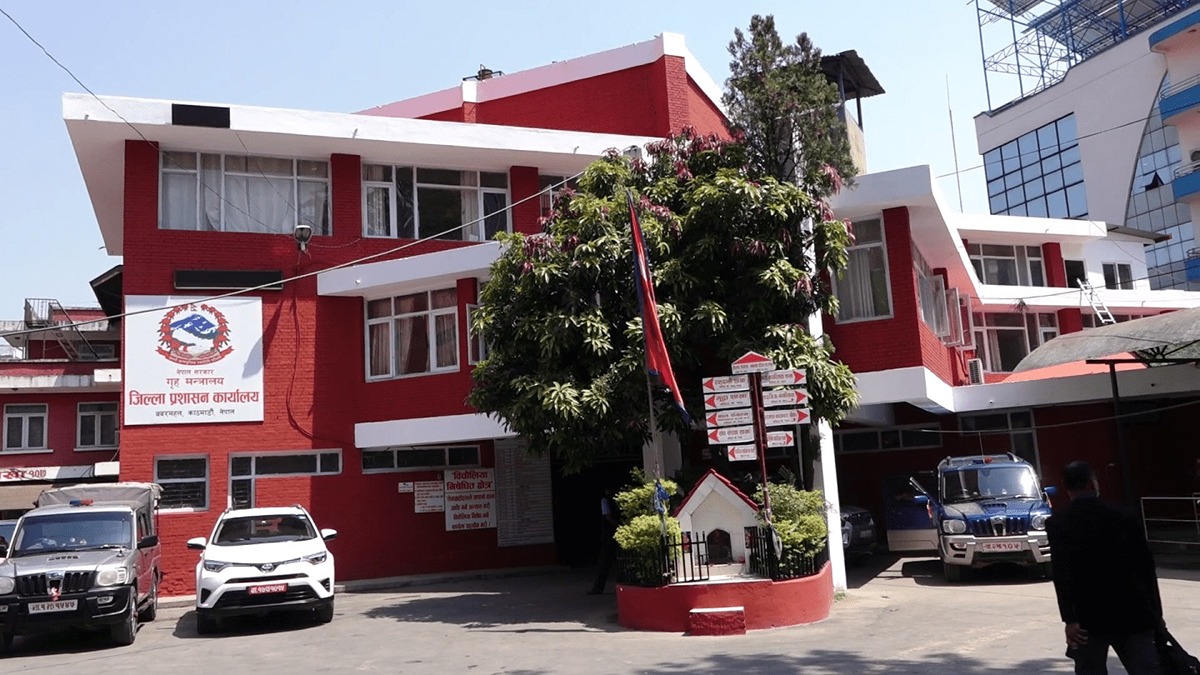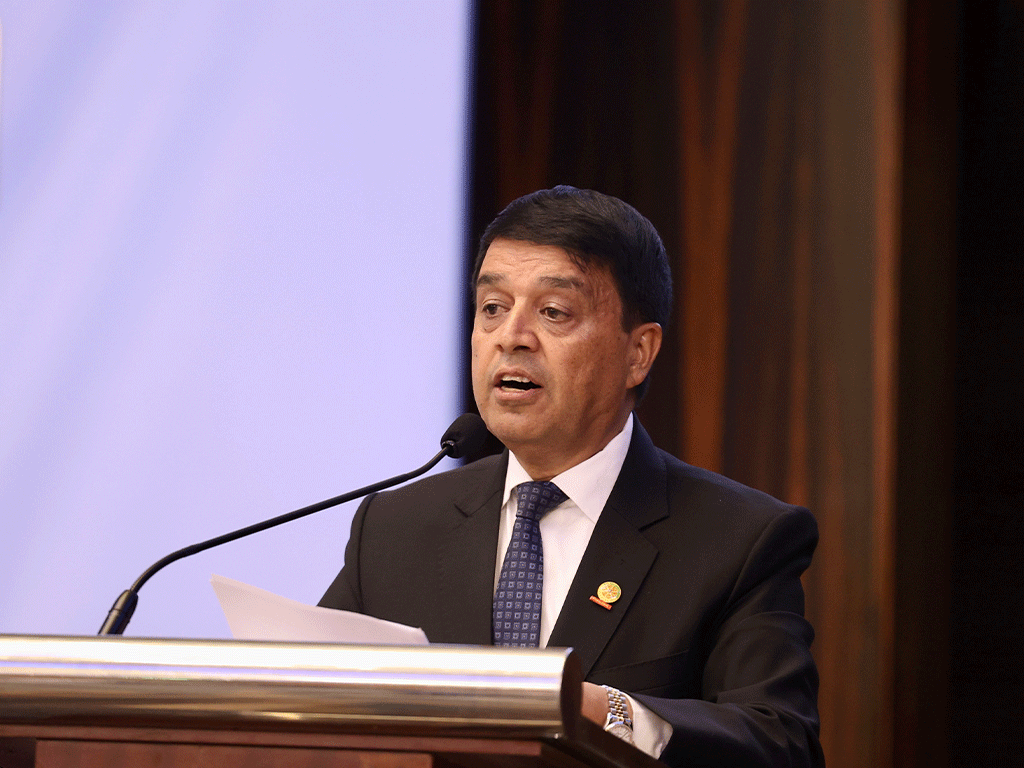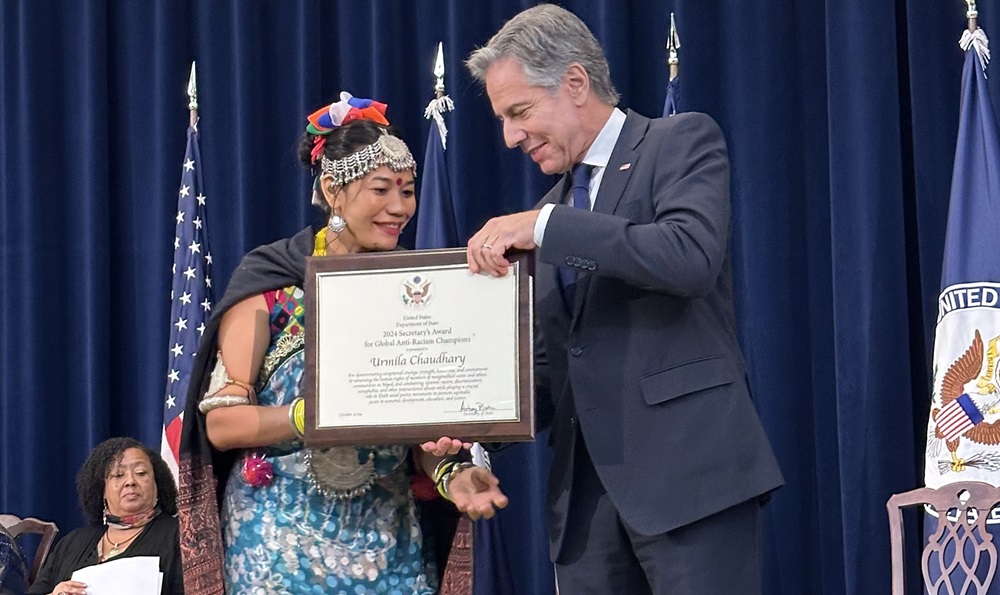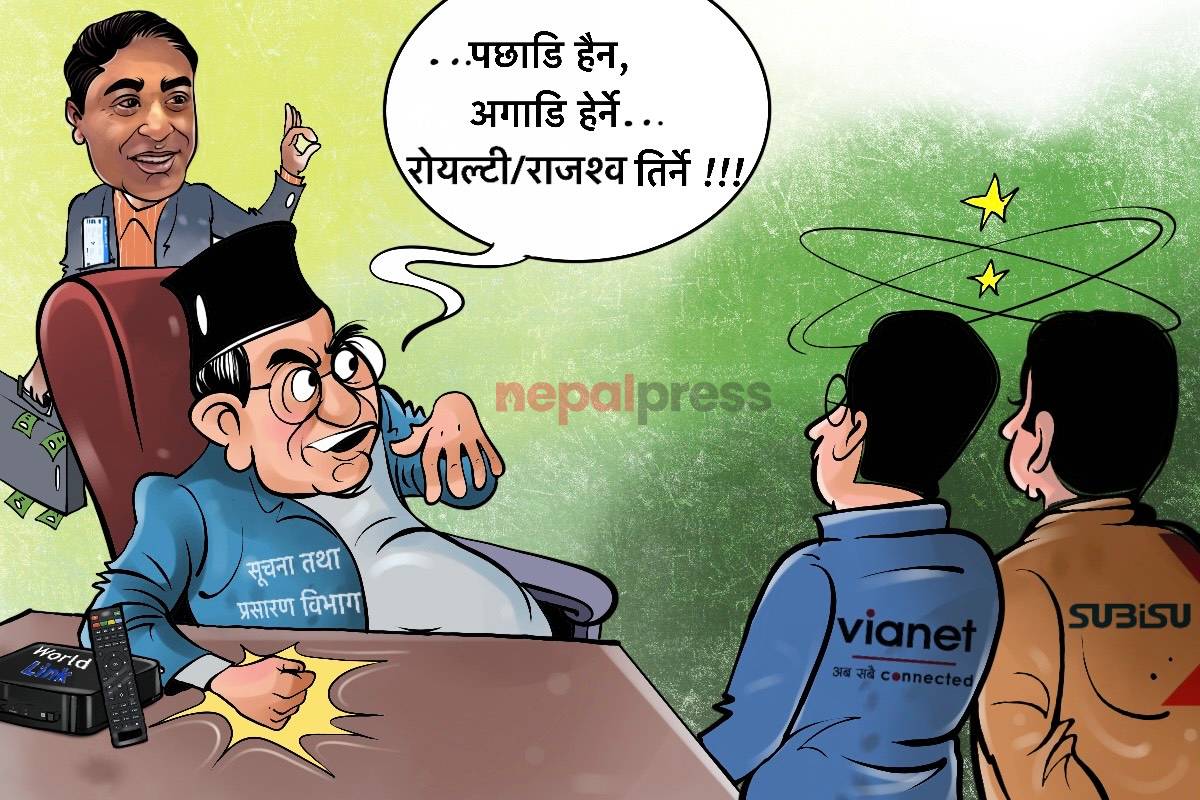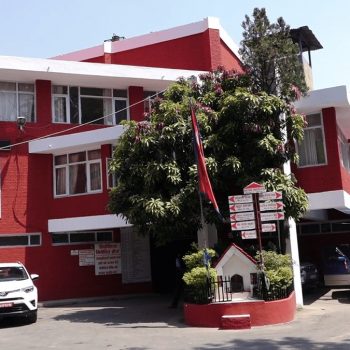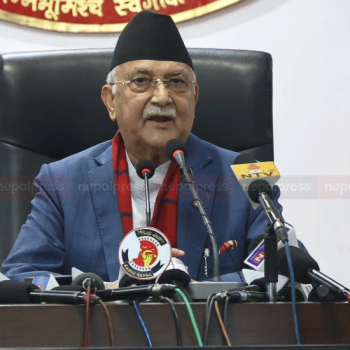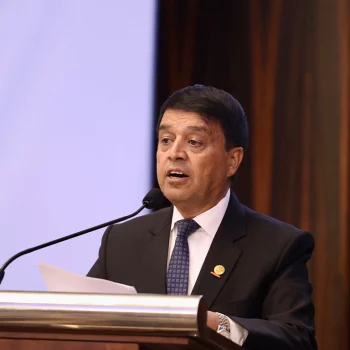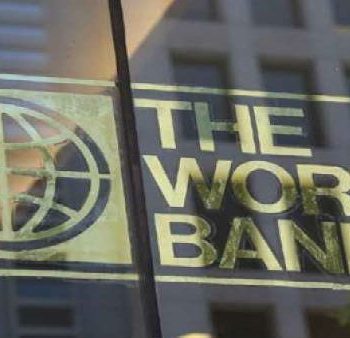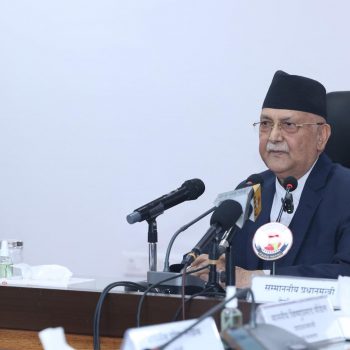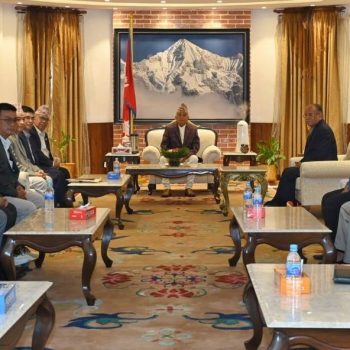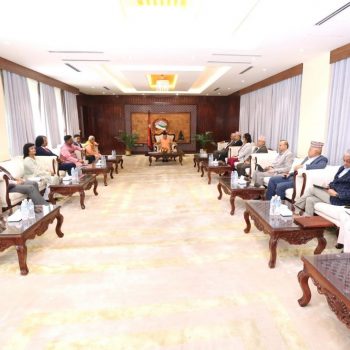Illegal interference of social activists on the rule of law
 NepalPress
NepalPress
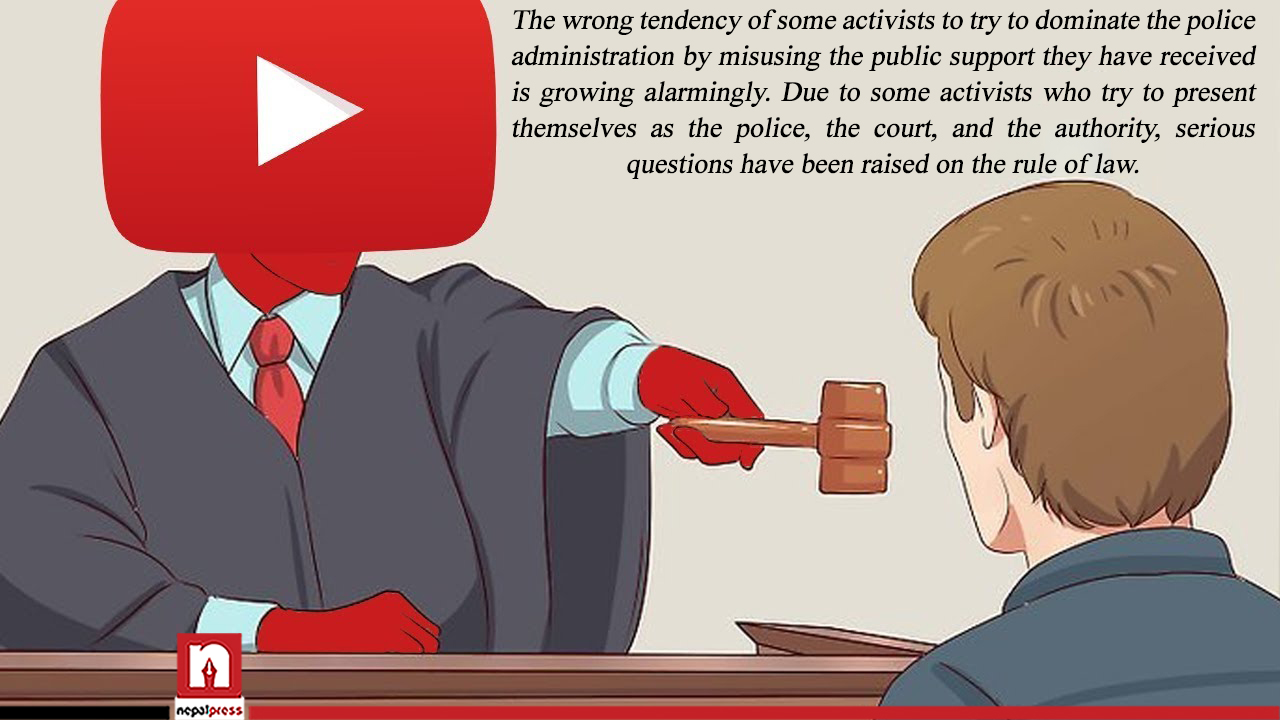
Social activists – leaders who should lead the society. In Nepal, however, mushrooming social activists have emerged as a synonym for anarchy. Some of their activities seem to have weakened the state structure.
Every country follows certain rules and regulations, which is called ‘rule of law’. Everyone in the country should fulfill their duties within the limits of the rights given by the constitution. Both the government and the citizens have their own rights. When someone exceeds that limit, they must come under the law and be punished. It is true that impunity has been promoted in Nepal recently due to weak rule of law. Some who should have been in prison have risen to higher government positions. There are examples of those involved in serious criminal cases becoming not only MPs, but also ministers. Some ministers of the current government have also been questioned.
On the other hand, the police administration, which has been dragged under the mill of political interference, has not been able to fulfill its responsibilities properly. Complaints are widespread in the service delivery of government agencies. Corruption is rampant. Bodies in the role of controlling corruption are themselves accused of corruption.
Citizen vigilance is extremely important in this chaos. Every citizen can raise questions about the functioning of the government and government agencies. The constitution has given that right to the citizens. Citizens should also get answers to every question raised. However, not all citizens are able to ask questions. Their voices do not reach Singha Durbar. Even if they do reach Singha Durbar, they are not considered. In this regard, social activists have come forward effectively.
There is widespread activism of social campaigners regarding the service flow and irregularities of government bodies. They are also getting significant public support. However, the wrong tendency of some activists to try to dominate the police administration by misusing the public support they have received is growing alarmingly. Due to some activists who try to present themselves as the police, the court, and the authority, serious questions have been raised on the rule of law.
Those social activists who raise public dissatisfaction with the government on social media support their leaders to the extent that some even begin to even worship them. When anyone points a finger at them, they become victims of a severe cyber attack. Because of this fear of cyber-attacks, no one dares to point a finger at social activists. Thus, they are becoming independent and fearless day by day.
Nepal’s law gives all citizens or journalists (right to information) the right to receive necessary information from government agencies under RTI. But, instead of enjoying that right, a certain activist lures the YouTube crowd and roams around rooms of the government offices, intimidating the boss of the office and interrogating them, acting like the police. They decide who is and is not corrupt, as if they are the authority. They give decisions, as if they are the court. Such scenes are captured on video and put on YouTube to earn applause.
Journalist Ravi Lamichhane started a different kind of television journalism practice a few years ago. Breaking the old belief that journalism is only a means of conveying the voice of the people to the government, he took the initiative not only to raise problems of the people, but also to solve them. His style was highly acclaimed by the people.
He achieved unprecedented success in the dual role of media person and activist.
What happened next was that activists started mushrooming in every corner, learning from Lamichhane. From YouTube to government offices, to police criminal investigations, there are now activists among us. There is a tendency on social media to gain popularity by criticizing the government as much as possible and demonstrate the strength of this popularity.
The financial transparency aspect of activists doing social work by collecting money from Nepalis at home and abroad is not reliable. It is found that activists brag about them ‘having the support of 30 million Nepalis’ to those who question them. They call critics who question their wrong, illegal and opaque activities ‘party supporters’.
Recent events have also highlighted the need for regulation of so-called social activists and YouTubers in Nepal. It is not uncommon for a policeman in uniform to be beaten inside a police post and a perpetrator under custody to be physically attacked. If these activists are not punished, their morale will increase and it is certain that such incidents will keep happening. When someone is showing violence as an activist, the people’s trust in the helpless police cannot be maintained if action is not taken.
It is not our intention to discourage social activists. It is just a request to them to work within a certain limit without considering themselves above the law. We have great respect for the real activists who are forgetting their personal lives and unselfishly wiping away tears of the victims or warning the government in a factual manner.
But what some viral people are doing in the name of social activism today is not only illegal and offensive, it is also the practice of a parallel government. After everything goes viral on YouTube and social media, such people are suddenly saying that and acting like everyone should know them and no state body should take action against their wrongdoings.
The act of breaking into not only government and private offices but also the homes of individuals cannot be forgiven at any cost. The government must be strict to bring this trend under the purview of law, as these tendencies are not acceptable in a civilized society.


